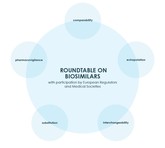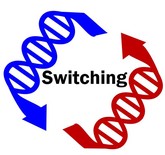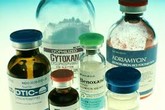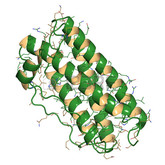Biosimilars/Research
|
Posted 11/05/2018
Introduction of the first biosimilar infliximab (CT‑P13, Remsima/Inflectra) for the treatment of inflammatory bowel diseases (IBDs) was aimed to reduce the healthcare cost burden and to increase the number of treated individuals with similar treatment results. Shortly after CT‑P13 has been authorized for usage in clinical practice, many concerns arose due to the fact that the principle of extrapolation of limited clinical results had been applied to the biosimilar, which led to approval of the biosimilar in all the indications of the originator biological (Remicade). However, these concerns have proved to be unfounded, as subsequent studies have confirmed the similar efficacy, safety and immunogenicity of CT‑P13 and Remicade in the general IBD population [1].















































